Steel is an integral material in various industries, known for its strength and durability. Two popular types, 8620 and 4140 steel, are often used in applications requiring high tensile strength and impact resistance. Let’s delve into the characteristics, applications, and differences between these two steels.
Chemical Composition
8620 Steel:
8620 steel is a low-alloy steel, it’s composition imparts excellent hardenability and toughness.
4140 Steel:
4140 steel, also known as chromoly steel, which we mention the chermical composition in another artical . This mix offers high strength and good machinability.
| C | Si | Mn | S | P | Cr | Mo | Ni | |
| 8620 | 0.18-0.23 | 0.15-0.35 | 0.70-0.90 | ≤0.030 | ≤0.030 | 0.40-0.60 | 0.15-0.25 | 0.40-0.70 |
| 4140 | 0.38-0.43 | 0.15-0.35 | 0.75-1.00 | ≤0.040 | ≤0.035 | 0.80-1.10 | 0.15-0.25 |
Mechanical Properties
8620 Steel:
Tensile strength σb (MPa): ≥980
Yield strength σs (MPa): ≥785
Elongation δ5(%): ≥9
Area shrinkage ψ(%): ≥40
Impact power Akv(J): ≥47
Impact toughness value αkv (J/cm2): ≥59
Hardness (annealed or high temperature tempering state): ≤197 HB
4140 Steel:
Tensile strength σb (MPa): ≥1080(110)
Yield strength σs s (MPa): ≥930(95)
Elongation δ5 (%): ≥12
Area shrinkage ψ(%): ≥45
Impact power Akv(J): ≥63
Impact toughness value kv (J/cm2): ≥78(8)
Hardness: ≤217HB
Heat Treatment
Both 8620 and 4140 steel respond well to heat treatment, allowing for tailored mechanical properties. They can be quenched and tempered to achieve specific hardness levels.
Machinability
4140 steel tends to have better machinability compared to 8620 steel. This is due to its lower carbon content, which makes it easier to cut, shape, and drill.
Weldability
8620 steel is more readily weldable compared to 4140 steel. The latter may require preheating and careful consideration during the welding process.
Applications
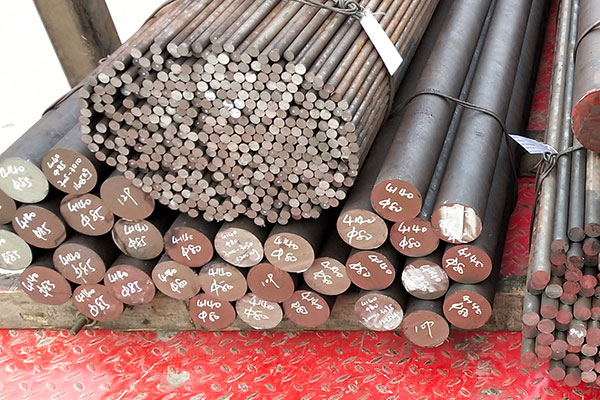 8620 Steel:
8620 Steel:
Gears and gearboxes
Aircraft parts
Automotive components
Hydraulic fittings
4140 Steel:
Axles
Shafts
Bolts and nuts
Automotive and motorcycle parts
Cost
Generally, 8620 steel is more affordable compared to 4140 steel. This can be a significant factor in material selection for cost-sensitive projects.
Corrosion Resistance
4140 steel offers better corrosion resistance due to its higher chromium content. However, both steels may require additional coatings or treatments for extended exposure to harsh environments.
Conclusion
In summary, 8620 and 4140 steel are both versatile materials with unique properties. The choice between them depends on the specific requirements of the application. 8620 is chosen for its weldability and cost-effectiveness, while 4140 is preferred for its higher strength and machinability.
FAQs
1. Can 8620 steel be used for high-stress applications?
Yes, 8620 steel is suitable for applications that require high tensile strength and impact resistance.
2. Is 4140 steel more expensive than 8620 steel?
Generally, 4140 steel tends to be pricier due to its higher alloying elements.
3. Can these steels be surface-hardened?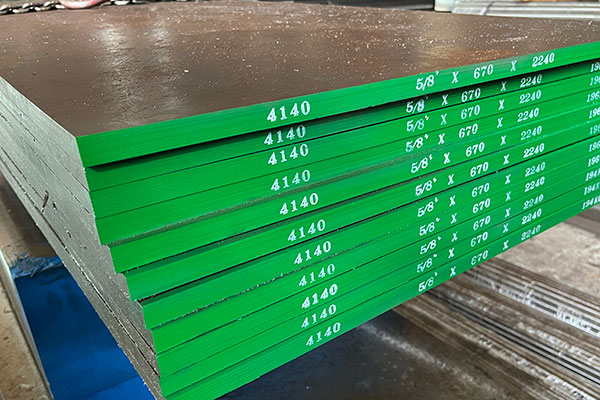
Yes, both 8620 and 4140 steels respond well to surface-hardening processes like carburizing.
4. Which steel is better for applications involving heavy machinery?
For heavy machinery, 4140 steel is often preferred due to its higher tensile strength.
5. Are there any specialized welding considerations for these steels?
Yes, 4140 steel may require preheating and controlled cooling during welding to prevent cracking.
Remember, when choosing between 8620 and 4140 steel, it’s crucial to consider factors such as cost, machinability, and specific mechanical properties required for your project. Always consult with a metallurgist or materials engineer for critical applications.
Know more information , click our mainly website: http://www.otaisteel.com
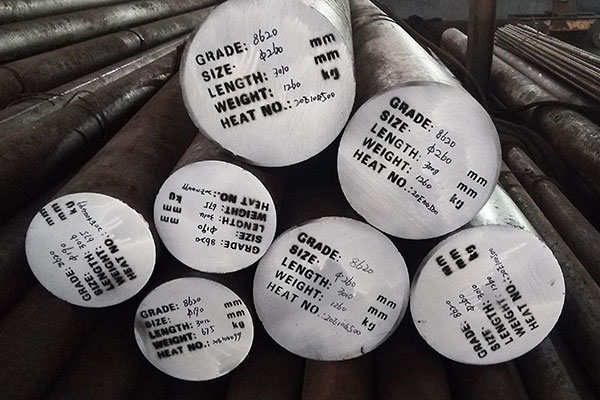
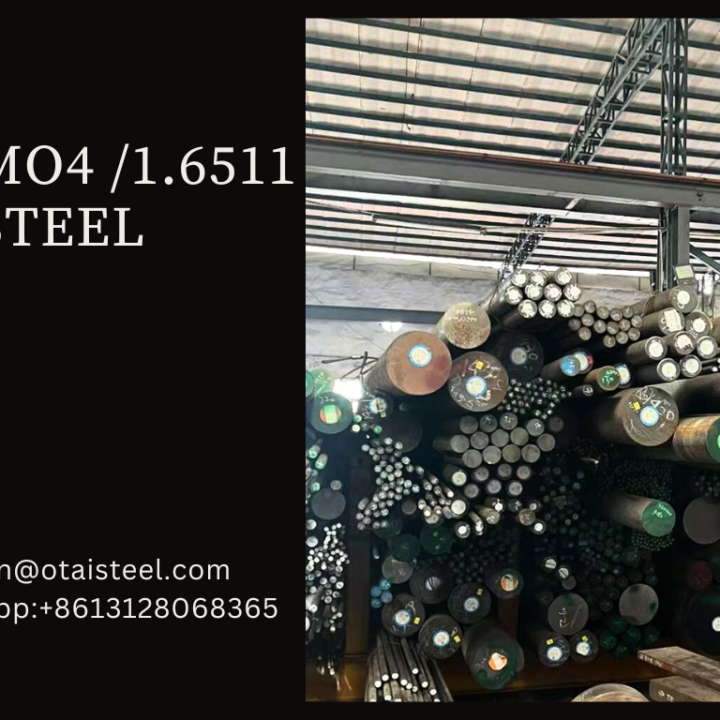
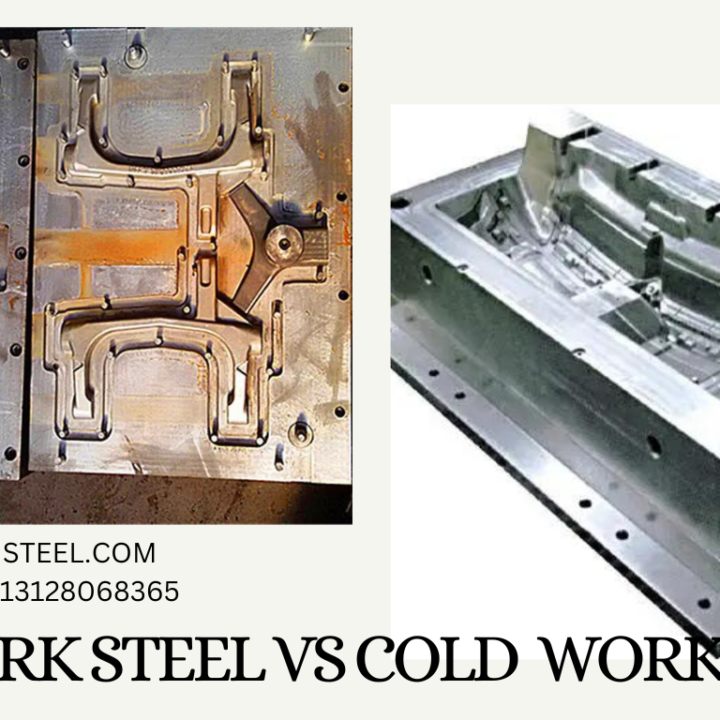
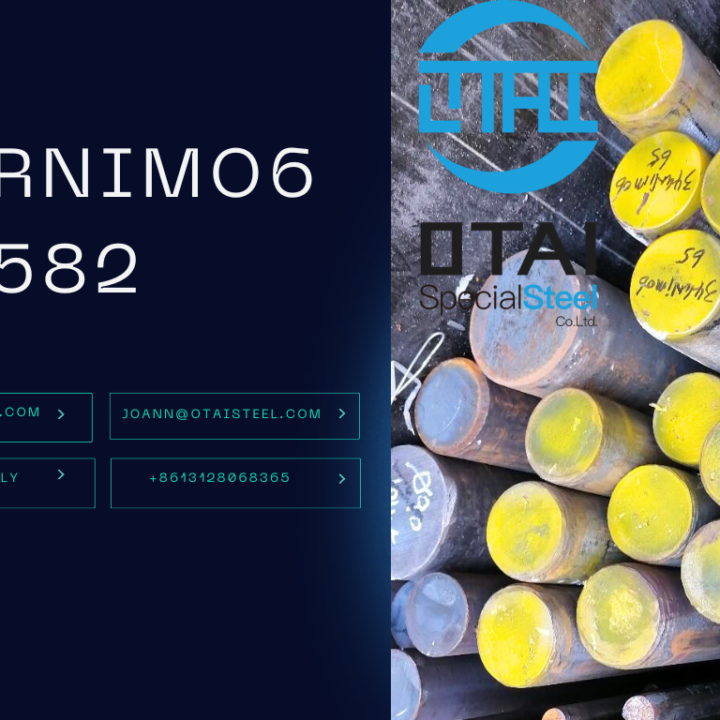
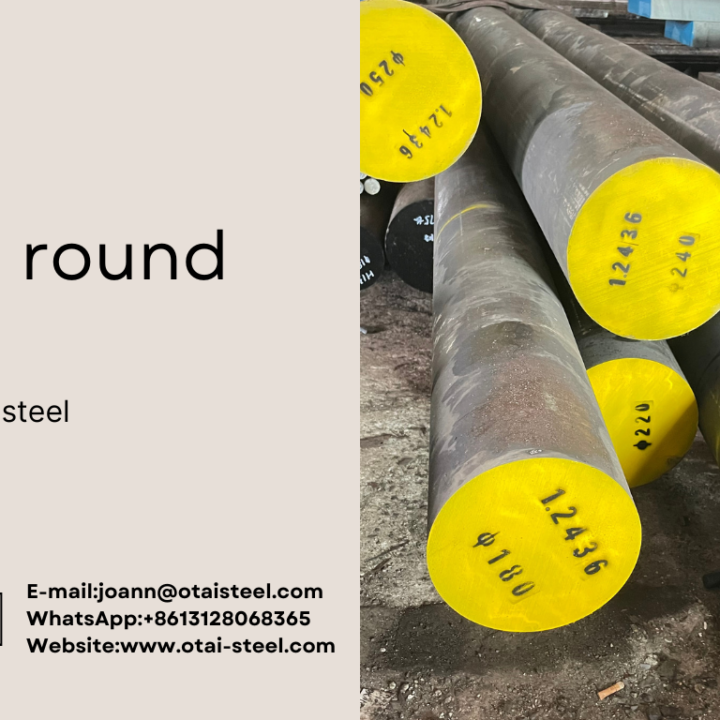
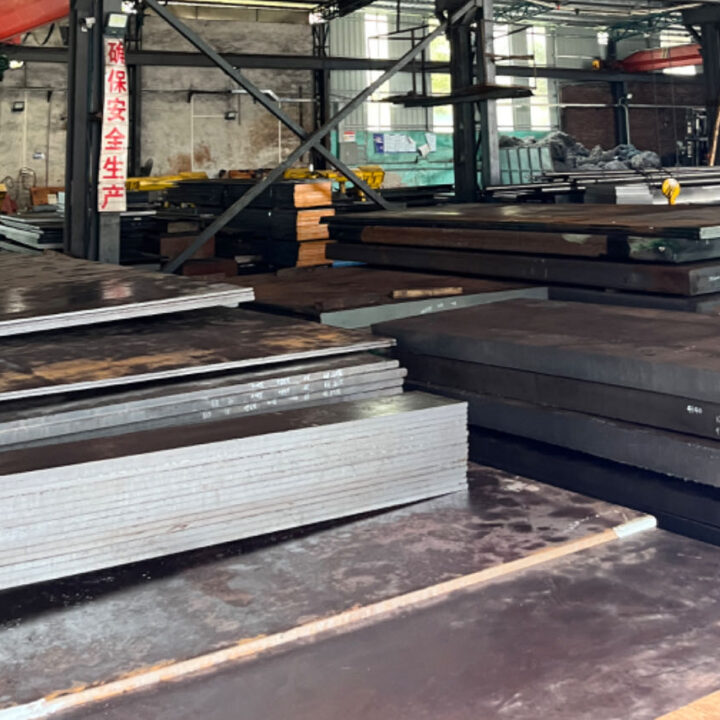
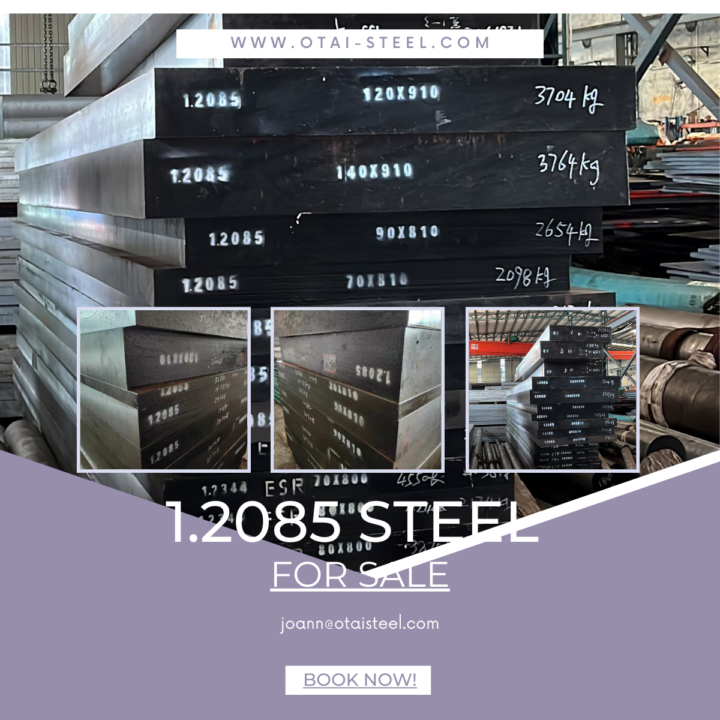
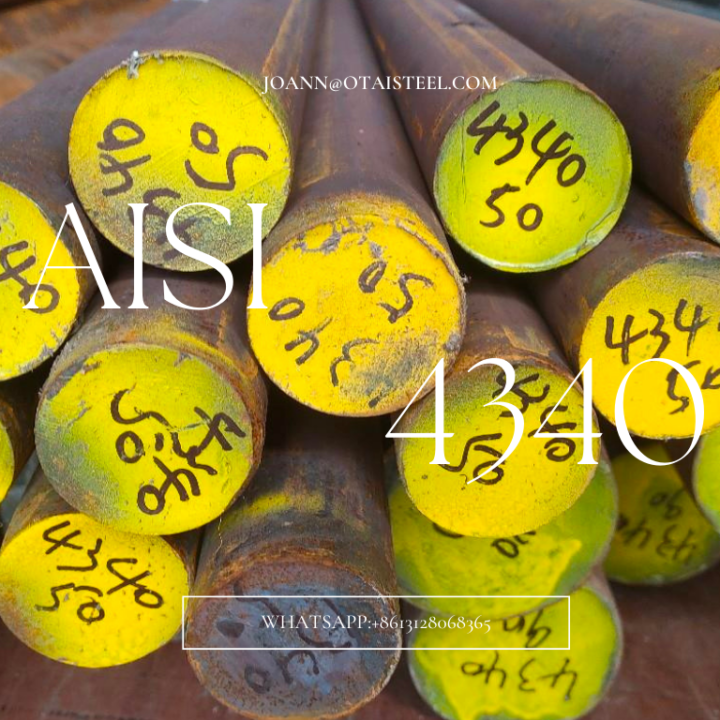
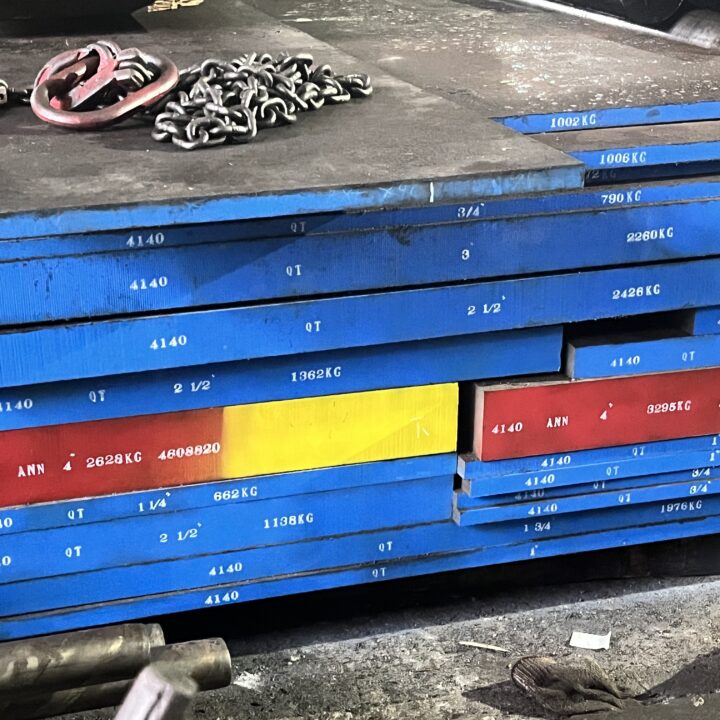

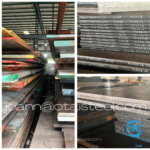
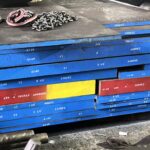
One comment
Everything is very open with a precise clarification of the challenges. It was really informative. Your website is useful. Thanks for sharing!